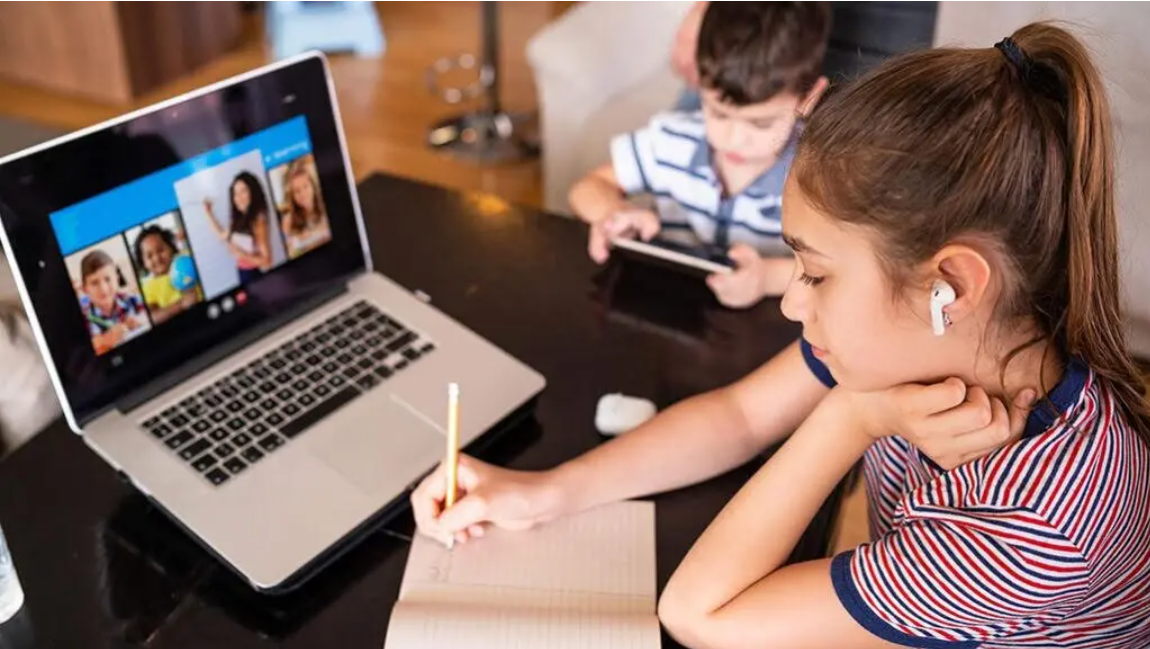
- Parents – Back to School Checklist: Ensuring Your Kids – Online Safety
In this article
As the new school year kicks off, the importance of safeguarding your child’s online safety cannot be overstated. With the increasing reliance on digital learning platforms and the pervasive use of social media, children are more vulnerable to online risks than ever before. From cyberbullying to the unintentional sharing of personal information, the digital world presents a range of challenges that parents need to address proactively.
Why These Tips Matter
To help you navigate these challenges, we’ve compiled eight essential back-to-school online safety tips designed to keep your kids safe. These strategies cover everything from setting up secure privacy settings on social media accounts to educating your children on the importance of responsible online behavior.
By implementing these tips, you can create a secure digital environment that not only protects your children but also encourages them to use the internet responsibly. Ensuring that your child is equipped with the knowledge and tools to stay safe online is crucial as they head into the new school year.
Our Top 8 Tips for Kids’ Online Safety
1. Keep devices in common areas
To enhance online safety, it’s important to keep all internet-connected devices in common areas of the home, such as the family room or kitchen. By avoiding the use of devices in private spaces like bedrooms, you significantly reduce the chances of children engaging in risky online behaviors without supervision.
When devices are used in visible areas, parents can more easily monitor their child’s internet activity, ensuring they stay safe and make responsible choices. Establishing a shared computer station in a central location not only allows for easier supervision but also encourages open communication about online experiences. This setup fosters a safer digital environment where parents can guide their children in navigating the internet wisely.
2. Use privacy settings to protect social media accounts
Ensure your child’s social media accounts are private. Every platform offers different privacy settings, so it’s crucial to adjust each one to limit who can see your child’s information and posts. Regularly review these settings—at least once a month—to maintain account security. Setting a calendar reminder to check privacy settings is a simple yet powerful way to protect your child’s online presence.
3. Think before you post: teach responsible online behavior
Encourage your children to think carefully before posting anything online. Once something is shared, it can be difficult to remove and may remain accessible forever. Remind them to consider why they’re sharing and whether they’d be comfortable with a wide audience seeing it. If they don’t want something widely circulated online, they shouldn’t post or send it.
For teenagers, it’s crucial to emphasize the importance of never sending anything in a group message, to a friend, or a crush that they wouldn’t want everyone to see. Remind them that once something is sent, particularly explicit photos, it can easily spiral out of control. The recipient might share it with others, leading to widespread exposure that could have serious consequences. Stress that once something is online, it’s virtually impossible to remove it completely. Encourage them to think twice before sharing anything that could potentially harm their reputation or safety.
4. Friend only people you know in real life (IRL)
Teach your children to accept friend requests only from people they know in real life (IRL). Even if they share multiple mutual friends with someone, they should be cautious. This rule also applies to private messages; they should never respond to DMs from strangers. This online safety tip is essential to prevent interactions with potentially dangerous individuals, like predators, who might be posing as someone else.
5. Avoid sharing personal information online
Ensure your kids understand the dangers of sharing personal information online. They should never post their last name, school name, or location. GPS and location services can reveal their exact whereabouts, making them vulnerable to predators. Posting about being home alone or traveling with family can also expose your home and possessions to potential risks. Teach them to be mindful about what they share to protect themselves and your family.
At the same time, many parents are eager to share the excitement of their child’s first day back, often posting photos on social media of their little one holding a sign proudly displaying the grade they’re entering. While sharing these milestones can be tempting, it’s important to recognize the potential risks involved in posting such detailed information online.
Posting images that include your child’s full name, grade, school name, or even the name of their teacher can unintentionally expose them to dangers. This information can be easily accessed by strangers, potentially putting your child at risk. It’s essential to be mindful of what you share online, as seemingly harmless details can be pieced together by those with malicious intent.
While it’s wonderful to capture these special moments, consider keeping these photos private, sharing them only with close family and friends through more secure means, or without the identifying details. By taking these precautions, you can celebrate your child’s milestones while also prioritizing their safety.
6. Keep passwords private
It’s essential to teach children the importance of never sharing their passwords with anyone other than their parents. Passwords are the first line of defense against unauthorized access to personal information, so understanding their significance is crucial. As a guardian, you have the right and responsibility to periodically check their social media accounts, text messages, and other apps to ensure they’re engaging in safe online practices.
By keeping passwords secure and private, you help protect your child’s personal information from being compromised. This not only prevents unauthorized access but also safeguards against potential cyber threats such as hacking or identity theft. Encouraging your children to create strong, unique passwords and to change them regularly further enhances their online security. Reinforce that maintaining password confidentiality is a key step in staying safe online, and assure them that your involvement is to ensure their protection and well-being.
7. Never meet someone you met online
It’s vital to make it unequivocally clear to your children that they should never agree to meet anyone in person whom they’ve only interacted with online. Even if the person appears friendly or trustworthy, it’s crucial to understand that online personas can be misleading. People may not always be who they claim to be, and meeting someone from the internet in person can pose significant risks.
Reiterate that online interactions are not always reflective of real-life intentions or identities. Encourage your children to be cautious and to trust their instincts. If they ever receive a request to meet someone they’ve met online, they should immediately inform a trusted adult—whether it’s a parent, guardian, or teacher. This step is crucial for their safety, as it allows adults to assess the situation and take appropriate actions to protect them. Stress the importance of open communication and ensure that your child feels comfortable coming to you with any concerns or unusual requests they encounter online.
8. Report cyberbullying – don’t engage
Teach your children to recognize cyberbullying and avoid engaging with it. If they receive mean texts or witness cyberbullying, they should not respond or participate. Instead, they should tell a trusted adult immediately. Reporting the behavior helps stop the bullying and ensures their own emotional safety.
Empowering Parents with Online Safety Tips
As children return to school and increasingly interact with digital devices, the need for parental vigilance in safeguarding their online experiences has never been greater. The digital landscape is full of potential risks, from cyberbullying to exposure to inappropriate content, and it’s vital for parents to take proactive measures to protect their kids.
By implementing these eight essential online safety tips, you can equip your children with the tools and knowledge they need to navigate the digital world safely and responsibly. Whether it’s setting up secure privacy settings, teaching them the importance of careful online communication, or monitoring their device usage, these strategies will help create a safer online environment. As a parent, your involvement is key to ensuring that your child can enjoy the benefits of the digital world while minimizing the risks.
Getting Expert Help to Safeguard Your Family
Creating an online safety plan for your family, setting up effective parental controls, and combating cyberbullying can be more challenging and take more time than you’d like. iDefend makes it easier than ever for parents to cultivate healthy digital habits in the home and protect kids against all types of cyber risks, including cyberbullying.
Our team of advisors work with you to create a personalized protection plan for your family’s unique needs. Expert guidance, practical tips, and monitoring solutions empower you to take control of your family’s online safety and healthy balance with technology. We’re the experts so you don’t have to be.
Learn more and get protected today with iDefend. Try it risk free and save 30%.



